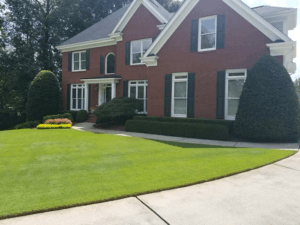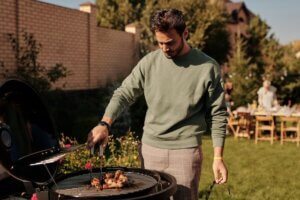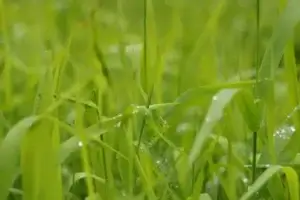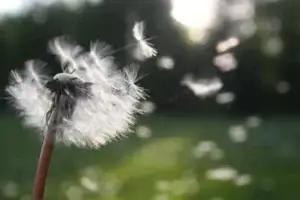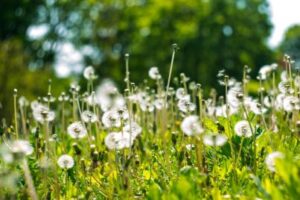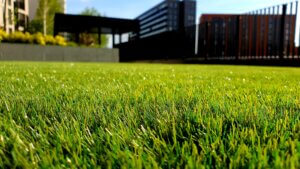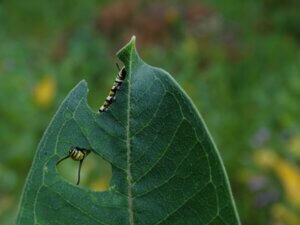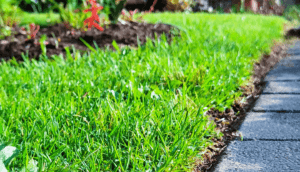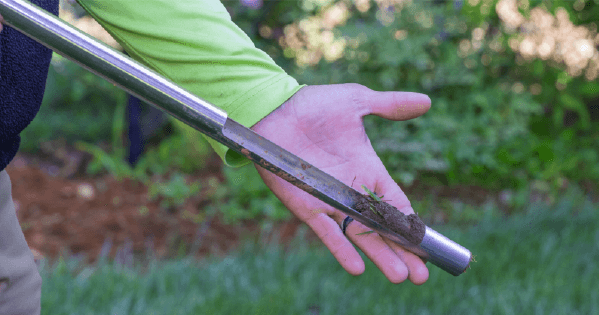Simply Green Blog Posts
Lawn Cooling Benefits: How a Healthy Lawn Can Reduce Home Energy Costs
When homeowners think about professional lawn care, they often focus on aesthetics—the lush green grass, the neatly trimmed edges, and blooming bushes. However, a well-maintained lawn offers more than just curb appeal. One of the most unexpected benefits of professional lawn care is its role in energy savings, particularly in reducing home cooling costs. Surprisingly,…
Read MoreHow to Design a Lawn for Outdoor Entertaining in Georgia: Creating a Space to Celebrate and Connect
When you imagine your ideal lawn, do you envision hosting lively barbecues, celebrating family milestones, or simply relaxing with friends under the warm Georgia sun? Designing a lawn for outdoor entertaining is about more than just grass—it’s about creating a space that feels inviting, functional, and ready for any occasion. Here’s how to craft a…
Read MoreThe Importance of Soil Microbes: How Healthy Soil Supports a Thriving Lawn
Soil microbes can be very beneficial for improving soil quality, especially in Georgia’s clay-heavy soils. Use of natural materials such as compost and organic fertilizers help promote and maintain microbial activity, especially with minimal use of chemicals. If you want to boost the health of your Georgia lawn, encouraging the growth of soil microbes can…
Read MoreTurn Your Lawn into a Pollinator Haven: Tips for Georgia Homeowners
Have you started planning your spring gardens yet? As springtime approaches, keep in mind plants to include that will attract nature’s pollinators. Bees, butterflies, and birds like fruit trees, vegetable gardens and flowerbeds. These hard-working creatures promote biodiversity and will turn your lawn into a pollinator haven. Why are Pollinators Important? People and all living…
Read MoreExploring Biostimulants: Enhancing Your Lawn’s Health Naturally
Biostimulants are an innovative and natural solution for improving the health and vitality of your Georgia lawn. What makes them so effective is all materials are organic. Products such as seaweed extracts, humic acids, and beneficial microorganisms work to stimulate the natural processes to create healthy soil and plants. Benefits of Biostimulants Biostimulants enhance nutrient…
Read MoreCreating a Pet-Friendly Lawn: Safe Practices for Georgia Homeowners
Creating a safe place for pets to play is a concern for Georgia homeowners who also want a lush, healthy, and green lawn. To keep pets free from dangerous chemicals, lawn care experts advise using a mix of organic products and cultural methods for controlling pests and weeds to ensure a pet-friendly environment. Pet-safe Lawn…
Read MoreLawn Care Tips for Fighting Winter Weeds
As winter approaches, Georgia homeowners might be feeling a little relieved that their battle with persistent warm weather weeds is over. While that may be true, the war with common cold weather weeds is just beginning. What are the most common winter weeds in Georgia? Several weeds such as chickweed, henbit and white clover can…
Read MoreYear-round Weed Control: Tackling Common Lawn Invaders in Georgia
Weeds are a problem year-round for Georgia homeowners. Warm season weeds such as dandelion, crabgrass and chickweed can take over from late spring to early fall. Henbit and white clover are common cold weather weeds that thrive from late fall to early spring. No matter the season, Simply Green Lawn Care Plus is ready to…
Read MoreTired of Weeds Taking Over? Here’s How to Keep Your Georgia Lawn Beautiful
If you’ve worked hard to create a beautifully lush lawn, you know how frustrating it can be when weeds pop up. Unfortunately, Georgia’s warm and humid climate makes it ideal for many types of common lawn weeds to thrive. With a little diligence and consistency, however, weeds can be kept under control through proper mowing,…
Read MoreYour Lawn Care Game Plan: How to Weed and Feed Your Georgia Lawn for Year-Round Health
Managing weeds in Georgia can be particularly challenging due to its warm climate, which fosters rapid weed growth. While fertilizers are used to promote healthy lawn growth, some products combine nutrients with pre-emergent or post-emergent herbicides, providing weed control along with fertilization. Which Fertilizer is Best for Grass? The best choice for your Georgia lawn…
Read MoreWhat’s Eating My Georgia Garden?
In Georgia, garden pests are quite common due to the state’s warm and humid weather. The climate provides an ideal environment for many insects and other critters. Here are some of the most common garden pests found in Georgia: Aphids Small, soft-bodied insects that cluster on plant stems and leaves, sucking sap from plants.…
Read MoreIt’s time to spray
Georgia’s warm, humid climate is ideal for a variety of pests that can invade lawns and gardens. Spring and summertime, however, are not the only times of year Georgia homeowners should be concerned about damaging insects and other pests. Pest control is a mindset property owners should have year-round. The first step is to identify…
Read More
